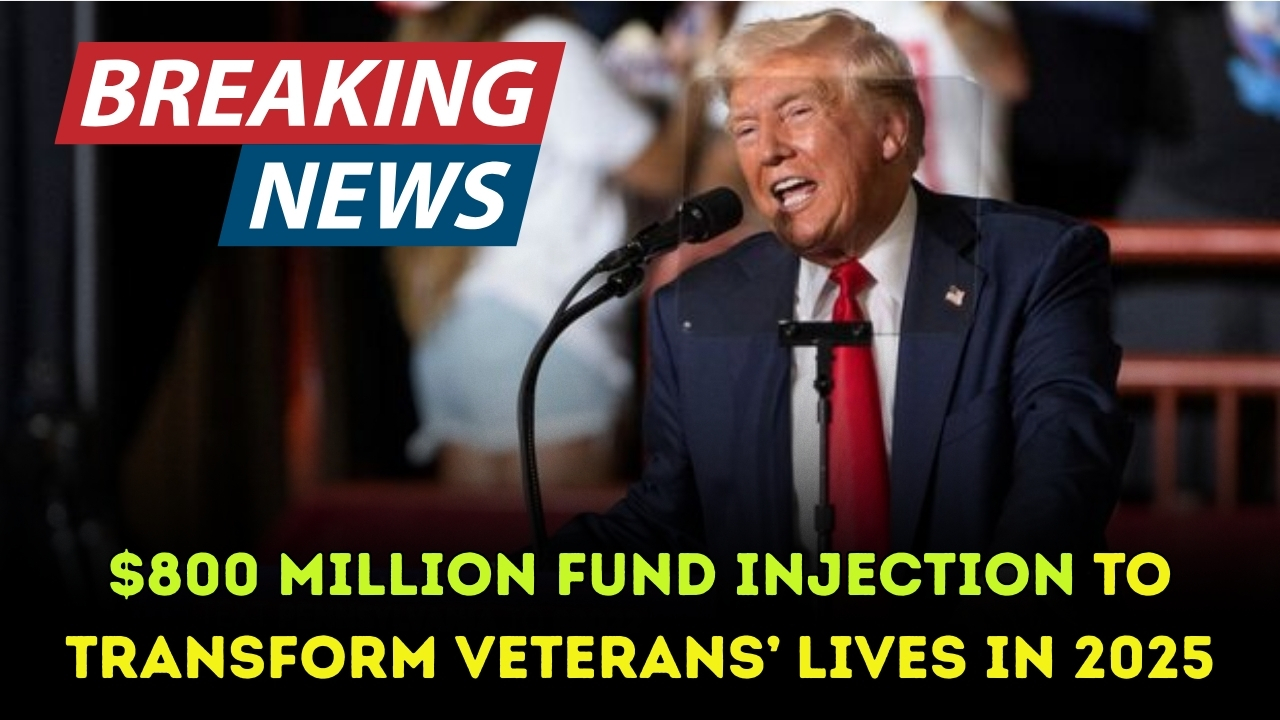The Veterans Affairs (VA) announced a major shift of $800 million in fiscal year 2025 aimed at enhancing and updating its healthcare infrastructure. This funding aligns with the Veterans Health Administration’s Non-Recurring Maintenance (NRM) budget which focuses on the restoration and modernization of the aging infrastructure and obsolete technologies existing in the healthcare facilities and technology centers of the VA. Along with this funding, the total NRM expenditure is projected to reach $2.8 billion for FY 2025 which is an almost $500 million increase compared to the previous year.
Upgrading Healthcare Facilities for Millions of Veterans
This unprecedented investment is aimed towards critical infrastructure upgrades at over 1,300 VA healthcare facilities which cater to around 9.1 million enrolled veterans. Upgraded projects include modernization of boiler and chiller systems, electrical infrastructure, elevator and HVAC system repairs and upgrades, fire safety system renovations including sprinkler and alarm systems, clinical and support space repairs, utility system upgrades, and medical equipment site renovations. This funding also supports the initiatives under the Electronic Health Record Modernization program, enhancing the safety and effectiveness of care for veterans.
A Step Forward In VA Reform
Secretary of VA Doug Collins reiterated how reinvestments like these represent a key milestone in advancing the VA’s services for veterans, families, caregivers, and survivors. He also indicated, “Enhanced care for veterans is made possible through better facilities and equipment, and these funds will allow the VA to meet that beneficent objective.” The additional funding stems from savings discovered through several realignment action initiatives within the Veterans Health Administration, underscoring the federal government’s intent to streamline veteran healthcare oversight and administrative functions.
Nationwide Impact on Veteran Communities
Certain VA facilities like the Northport VA Medical Center are among the primary beneficiaries of these federal allocations. These federal funds are also important to advocates and lawmakers fighting for the emergency upgrade of veterans’ healthcare facilities because they ensure that veterans receive timely, quality care. The VA has to deal with urgent infrastructure requirements through new partnerships, greater concentration on real results, and responsiveness to veterans’ needs.


